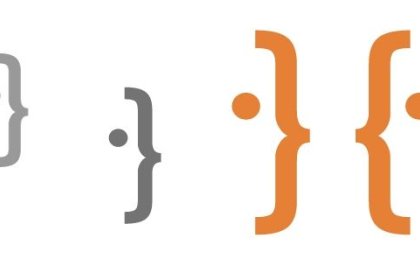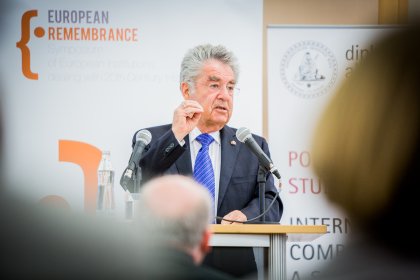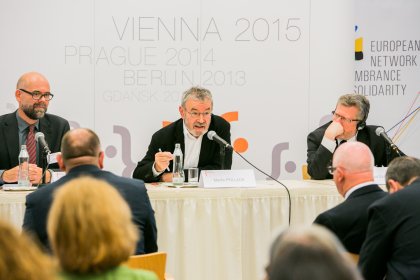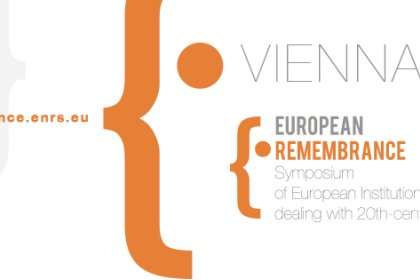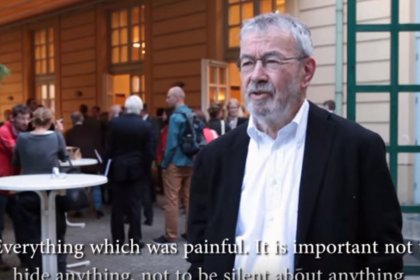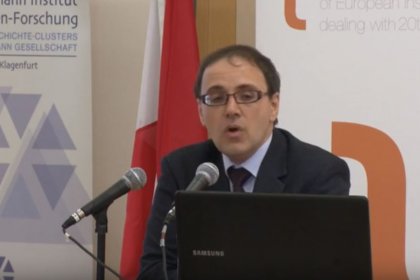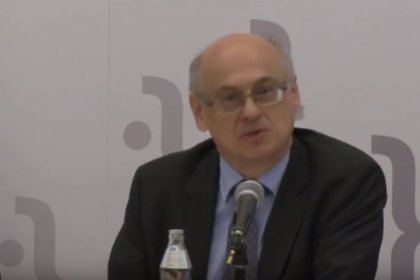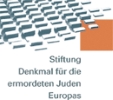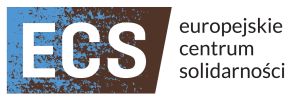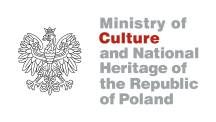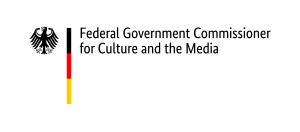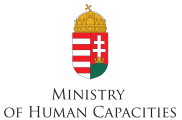Winners, losers, perpetrators, victims and bystanders are all terms, the meaning of which has changed in the decades after the war. What did it mean to win or lose the war for individual European countries? Looking through the prism of Yalta Conference, whom can we consider the victor and whom can we consider the loser of the Second World War? The question is of special importance to those countries, which after having been liberated from the criminal German occupation fell under doctrines of the brutal communist regimes.
During recent years, European historiography has begun to concentrate more and more on researching and documenting individual experiences of those who survived the Second World War. Thanks to this new perspective, that refers to individual memories and experiences , the terms: perpetrator, victim, and bystander in reference to the occupation and first years after the war, require a review of definitions. How do we commemorate perpetrators who later became the victims? How to commemorate victims who became perpetrators in the different context? How do we judge the bystanders, who – by categories today in force – are not without guilt as a result of their inaction in relation to the crimes committed in their presence. These questions concern us all today and often divide whole nations. We are convinced that only with an open and objective discussion can we find an answer to these and other dramatic questions that may come forth during the anniversary of the end of the war.
The Holocaust plays a key role in the memory of the Second World War. It shapes the way we remember not only the history of Jews, but also that of Europe – mainly Central and Eastern, where Hitler’s Germany murdered most of European Jews. Despite the shared experiences, individual countries have developed their own, usually very different historical narrative. Does the memory of the Holocaust and the memory of war fate of nations have to run parallel to each other and not create a common history? If this is the case, why does it happen? What processes play a role in creating the different narratives of history? With the dwindling number of living witnesses, the search for answers to these questions plays an even greater role.
When assuming that each European country has its own specific narrative of the war and occupation, the Symposium aims to become a common European debate forum about the memory of the Second World War in the spirit of constructive dialogue and reconciliation between nations. It is a forum to present different but equally important national and local historical narratives and for this reason the participants come from different regions - east and west European countries, and represent different academic disciplines and professions. They are: historians, sociologists, museum curators, exhibitions curators, writers, and others.
Symposium is one of main projects of European Network Remembrance and Solidarity, which aims to research, document, and promote the remembrance and the study of totalitarianisms, dictatorships, and wars in 20th century Europe through the inclusion of the most recent academic discourse and multilateral dialogue concerning the different experiences of the past era.

